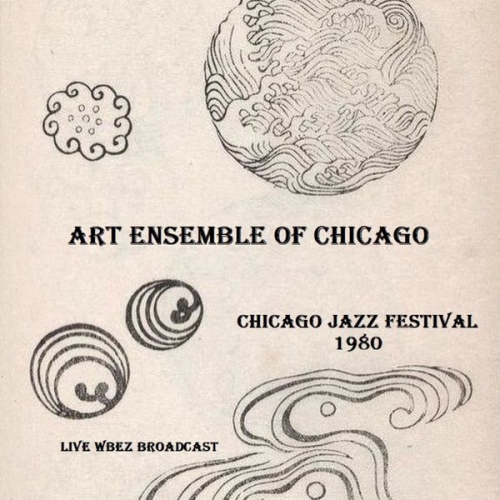Latvian National Opera Orchestra - Five Latvian Cantatas (2020)
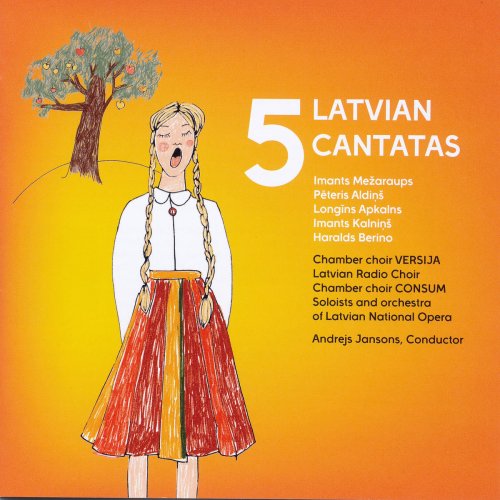
Artist: Latvian National Opera Orchestra
Title: Five Latvian Cantatas
Year Of Release: 2020
Label: Albany Records
Genre: Classical
Quality: FLAC (tracks)
Total Time: 76:24 min
Total Size: 377 MB
WebSite: Album Preview
Tracklist:Title: Five Latvian Cantatas
Year Of Release: 2020
Label: Albany Records
Genre: Classical
Quality: FLAC (tracks)
Total Time: 76:24 min
Total Size: 377 MB
WebSite: Album Preview
01. Song of the Orphan Girl
02. The Spring Cycle: I. Adorn The Sun, Adorn The Bee
03. The Spring Cycle: II. I Came Upon A Field Of Clover
04. The Spring Cycle: III. Adorn Ye, Blazing Sun
05. The Spring Cycle: IV. I Adore Fields Of Barley
06. Burial Songs: I. Harness The Horses
07. Burial Songs: II. Slowly Moved The Hearse
08. Burial Songs: III. I Greet All Your Guests
09. Burial Songs: IV. What Did We Bring Back
10. Brother, My Brother: I. A Child's Song
11. Brother, My Brother: II. My Poor Brother
12. Brother, My Brother: III. The King's Daughter
13. On The Mountain of Souls: I. On The Mountain Of Souls
14. On The Mountain of Souls: II. God Is A Beam Of Light
15. On The Mountain of Souls: III. The Tree Of Tranquility
16. On The Mountain of Souls: IV. Raindrops From Heaven
17. On The Mountain of Souls: V. Prayer In The House Of Worship
18. On The Mountain of Souls: VI. Kind Words
19. On The Mountain of Souls: VII. The Pain Of Beauty And Splendor
This is a recording of five cantatas written by 20th century Latvian composers, some of whom grew up outside of Latvia, while othrs lived under the Soviet regime. From the forced emigration of 1944 up until 1988, when the Iron Curtain started to collapse, composers living outside Latvia were omitted from the music history books of the Soviet Union. They were treated as invisible, despite the fact that for more than 40 years they created a significant number of important works. After Latvia regained its independence, there was an opportunity to introduce these works to Latvian audiences. The music on this recording was written beteen 1960 and 1980, at a time when Latvians around the world, although in foreign lands, felt open and free, but Latvians living in their homeland felt oppressed and morally humiliated. In addition to the four cantatas composed by Latvians living outside Latvia, the work of Imants Kalnins, who was living in Latvia, is included as it was composed at a time when the stirrings of overcoming the Soviet Union were in the air.
![Irma Thomas - Live! at New Orleans Jazz & Heritage Festival 1976 (Live) (2026) [Hi-Res] Irma Thomas - Live! at New Orleans Jazz & Heritage Festival 1976 (Live) (2026) [Hi-Res]](https://www.dibpic.com/uploads/posts/2026-01/1768284506_t6eelucg1jg1e_600.jpg)


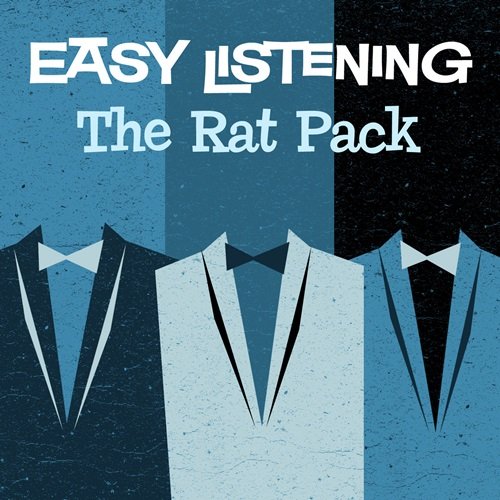
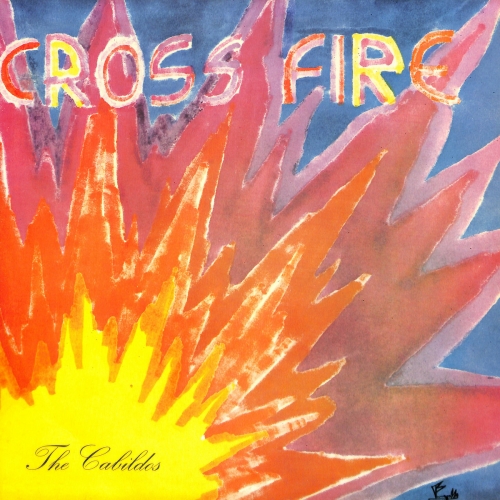

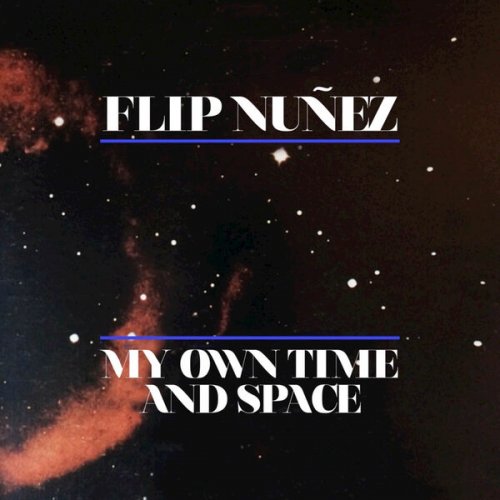
![Sam Fribush - People Please (2024) [Hi-Res] Sam Fribush - People Please (2024) [Hi-Res]](https://www.dibpic.com/uploads/posts/2026-01/1768311122_folder.jpg)
